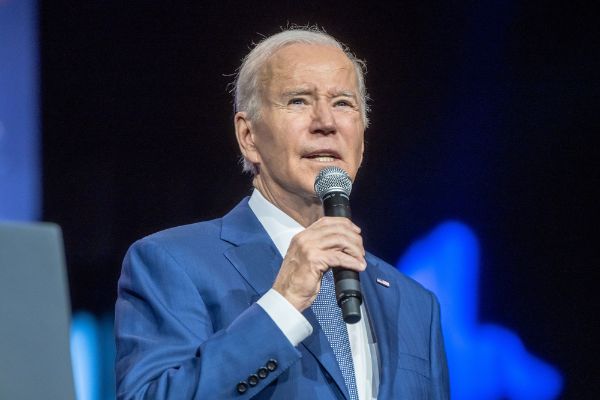On Tuesday, Aaron Kinsey, chairman of the Texas Education Board, published a statement in which he explained the board’s decision to terminate BlackRock’s $8.5 billion investment, citing the firm’s “dominant and consistent leadership in the ESG movement.”
American Republicans are actively campaigning against environmental, social, and governance (ESG) practices at BlackRock, despite the fact that the firm is the largest investment management firm in the world and a leading voice in the financial community on climate and energy transition concerns.
Republicans and Democrats alike have accused BlackRock of seeking to harm energy companies and furthering a social agenda.
In the battle against ESG, Texas has taken the lead. Texas has built a list of asset managers that could face divestment if they continue to back energy companies. At the same time, lawmakers in the Lone Star State held a hearing to question State Street and BlackRock executives about their ESG and climate change stewardship efforts, engagement voting, and investment practices. Because of its environmental, social, and governance (ESG) principles, the municipal bond market excluded the U.K. bank Barclays.
Despite the state’s growing opposition to ESG, investors can end up paying a hefty price for these actions.
Many states have encountered opposition to their proposed ESG investment prohibition laws due to the reduced returns and expected costs of these anti-ESG measures.
For instance, TCDRS predicted that over a ten-year period, the retirement system could have lost over $6 billion in returns due to a ban on environmental, social, and governance (ESG) investing in the state’s retirement investment system, as well as the ability to collaborate with top investment managers.
The lead sponsor of the hearing and the anti-ESG bill planned for 2023, Senator Bryan Hughes (R-Texas), took to social media after the Board of Education’s announcement to express his views.
“With the money of Texans, BlackRock and other Wall Street firms have been pushing a left-wing agenda.” Retaliation from Texas continues. Taking $8.5 billion out of BlackRock’s coffers is our way of telling Wall Street firms they can’t use public money to kill employment in Texas and threaten the state’s energy dominance.
Following the introduction of Senate Bill 13 in 2021, which forbids “investment in financial organizations that boycott particular energy businesses,” Kinsey stated that the Texas Permanent School Fund (PSF) opted to cease investing with BlackRock.
If you ask him, “BlackRock’s dominating and unwavering leadership in the ESG movement substantially affects our state’s oil and gas business and the same corporations that generate money for our PSF.”
A recent statement by Larry Fink, CEO of BlackRock, emphasized the company’s strong ties to the energy sector and denied accusations made during a GOP presidential debate that BlackRock is forcing an ideological agenda and that it hinders energy corporations from producing oil.
According to Fink, the firm’s customers have invested almost $170 billion in the energy sector of the United States.
In spite of political pressure, BlackRock has declared that it will keep working with firms on sustainability-related issues, including “climate and natural capital” and “business consequences on people,” as outlined in its 2024 engagement goals.
Its strategy for dealing with climate-related risks and possibilities was to figure out how these factors would likely influence firms’ long-term goals and objectives. We are not responsible for bringing about any particular decarbonization result in the actual economy, the statement said.





Comments are closed.